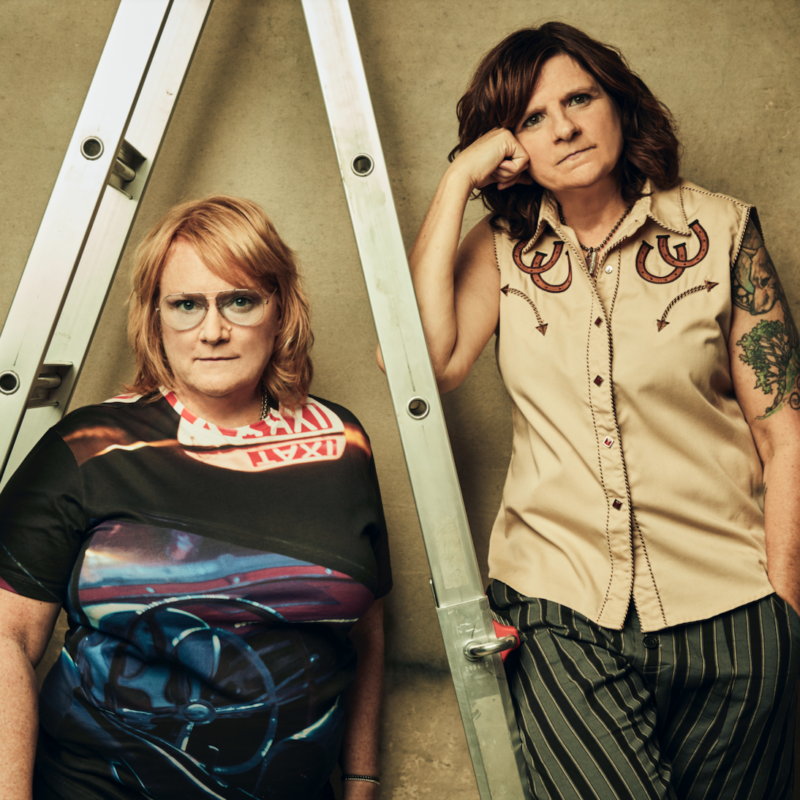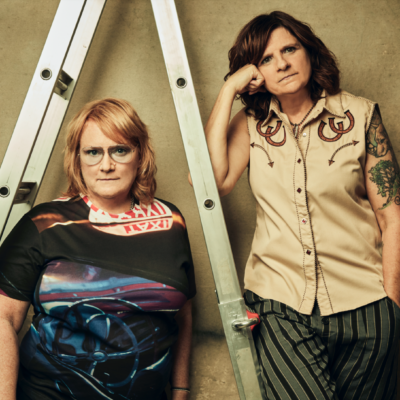Hannah Barnaby’s second young adult novel, Some of the Parts, published in February, was “partly inspired by my own experience with sibling loss,” she says. Her brother, to whom the book is dedicated, died accidentally, and while the events in the novel differ greatly from Barnaby’s experience, she says the emotional journey of the protagonist parallels her own.
“I think many YA authors would say they write books they would have liked to read as teenagers,” says Barnaby. “This book would have helped me when I was younger when my brother died. Writing it was a way to share my experience but also reimagine it.”
The novel, which received a starred review from Publishers Weekly, opens as Tallie McGovern struggles to appear unchanged following her brother’s death in a car accident. (“I force myself to smile. I am my own marionette.”) Amid her parents’ silence and denial, she navigates her own survivor’s guilt, the arrival of a new student with a striking resemblance to her brother, encounters with her brother’s angry and seemingly bereaved girlfriend and her friendship with the irreverent Mel, whose weekend extracurricular activities include taxidermy. But when Tallie learns her brother was an organ donor, she begins seeking out those who have benefited from the use of his parts, likening them to pieces of a puzzle that will make everything whole again.
Before moving to Charlottesville four years ago, Barnaby lived in Massachusetts, where she was the inaugural writer-in-residence at the Boston Public Library from 2004 to 2005. That program offers the grant specifically to children’s and young adult authors. And because the Boston Public Library’s collections include archives of circus history, Barnaby pitched an idea for a manuscript that would become her first novel, Wonder Show, about a girl hired by a traveling carnival sideshow in 1939.
“It deals with questions of fitting in, community,” says Barnaby. “She finds herself in a place where being normal is a disadvantage. I pitched the idea without a sense of how to write the book. Then I was awarded the grant. It has a mixed point of view, mostly third person past tense, but first person mixed in for different carnival performers.”
“Every book is different,” she says. “You’ll be in a different place in your life, inspiration will be different.”
Now settled into life in Charlottesville, each morning Barnaby gets her three children ready for school and out the door, and then “warms up” by playing around with picture book ideas or making notes on a project. She aspires to write for an hour in the morning, and then work again before the kids come home from school.
“Most writers are not just writers, but also teachers, public speakers,” says Barnaby. “It’s always a juggling act. I’m most productive if I’m sharing my time with other things, eavesdropping, observing people, getting out of the house. I blog twice a month at Publishing Hub, with posts every other Sunday about the writing life. A lot of writers do a lot of marketing and publicity on their own, through social media and appearing on other people’s blogs. My writing group meets once a month, which is a social outlet but also a good time to talk to other writers.”
Barnaby, who is co-teaching an advanced picture book writing workshop with Anne Marie Pace at WriterHouse, has two picture books slated to be published next year and is working on a new YA novel.
“I’m not an outliner,” says Barnaby about writing her latest novel. “There are two schools: the planner or plotter, and the pantser—by the seat of your pants.” Barnaby is a pantser. She prefers to “get the raw material down and then shape it into something.”
“The whole first draft is about figuring out characters, getting to know them well enough that I can go back and structure the story, get the voice right,” she says. “The first draft tends to be pretty short. I start with the framework, then layer everything in, character relationships, dialogue. The ending usually changes once or twice, maybe not what happens but how it happens and the details surrounding it. It has to be unexpected but inevitable. It is very hard to hit that. I definitely prefer revision to drafting.”





